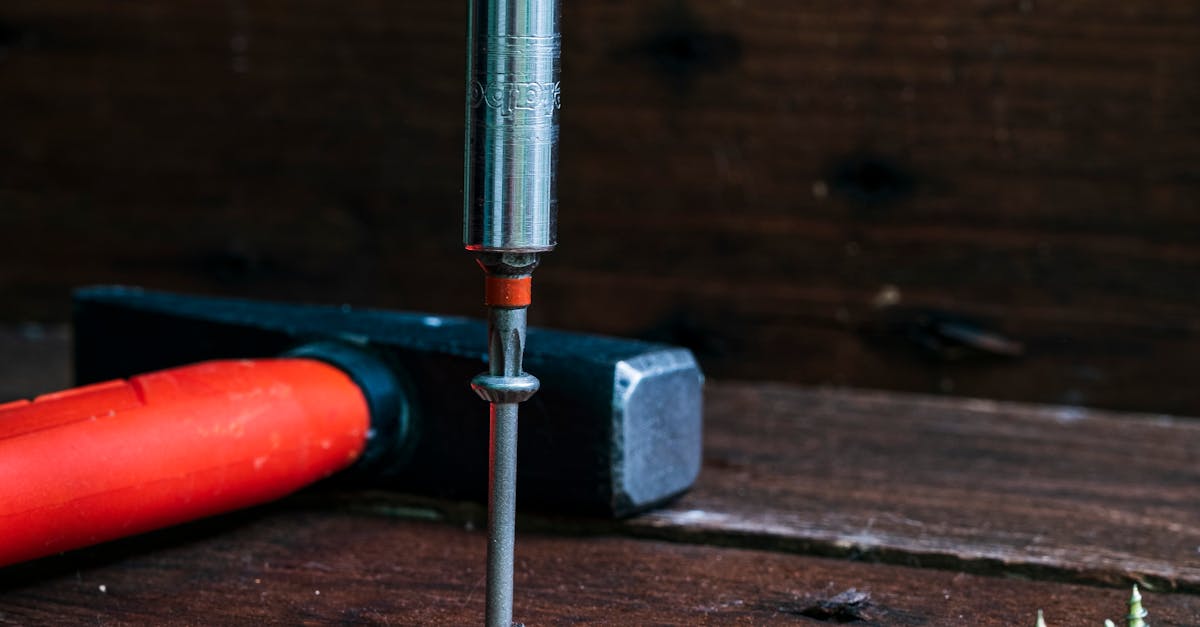
Benefits of Zinc Roofing for Australian Homes
CostEffectiveness
Zinc roofing presents an appealing financial advantage for homeowners. The initial investment may be higher than traditional materials, but the long lifespan significantly reduces the need for repairs and replacements. Zinc's natural resilience against rust, corrosion, and harsh weather conditions means reduced maintenance costs over time.
In addition to low longevity maintenance, energy efficiency plays a crucial role in overall cost savings. Zinc roofs reflect solar heat, contributing to cooler indoor temperatures during hot Australian summers. Homeowners can expect reduced energy bills as a result of decreased reliance on air conditioning. This combination of durability and energy efficiency makes zinc roofing a cost-effective option in the long run.
LongTerm Savings Over Alternative Roofing Materials
Zinc roofing offers significant long-term savings compared to traditional materials such as tiles or asphalt. The durability of zinc means it can last over fifty years with minimal maintenance. This resilience reduces the need for frequent repairs or replacements, allowing homeowners to allocate their budgets elsewhere, making it a financially sound investment over time.
In addition to its longevity, zinc roofing is also energy-efficient. It reflects sunlight, helping to lower cooling costs during Australia’s hot summer months. The thermal properties of zinc can contribute to maintaining comfortable temperatures indoors, further decreasing reliance on air conditioning and resulting in lower energy bills. Homeowners can enjoy these savings while appreciating the reduced environmental impact of a long-lasting, sustainable roofing option.
Enhanced Property Value
Investing in zinc roofing can significantly elevate the overall property value of a home. Many buyers in the Australian market appreciate the durability and low maintenance aspects that zinc offers. Its ability to resist corrosion and withstand harsh weather conditions further adds to its desirability. People looking for long-lasting solutions often see zinc as a wise investment, making properties fitted with this roofing material more appealing compared to those with traditional options.
Beyond immediate aesthetics, zinc roofing demonstrates a commitment to sustainability. Eco-friendly materials are increasingly in demand, as environmentally conscious buyers seek homes that minimise their carbon footprint. The longevity and recyclability of zinc contribute to a home's marketability. Potential buyers are often willing to pay a premium for properties that showcase such modern and responsible design choices.
Increased Market Appeal and Resale Potential
When it comes to real estate, first impressions play a significant role in attracting potential buyers. Properties featuring modern and striking designs often catch the eye, and zinc roofing provides a contemporary aesthetic that enhances the visual appeal of a home. This stylish option can serve as a focal point, setting a property apart in a competitive market. Homeowners investing in zinc roofs often find that their properties stand out, thereby increasing the likelihood of attracting interested buyers.
Moreover, the longevity and durability associated with zinc roofing contribute positively to its market perception. Prospective buyers are drawn to homes that promise reduced maintenance costs and a longer lifespan. With these benefits, homes fitted with zinc roofing can command higher prices when reselling. As a result, homeowners can enjoy both immediate interest and possible financial returns, positioning their properties favorably amid various housing options.
Noise Reduction Benefits
Zinc roofing offers significant noise reduction capabilities, making it an attractive option for many homeowners. Its solid structure effectively dampens sound, particularly in urban areas where external noise can be disruptive. This is especially beneficial during heavy rain or hail, as the material absorbs impacts and reduces the overall sound transmitted into the home.
Furthermore, the inherent properties of zinc contribute to a quieter living environment. Unlike other materials that may amplify noise, zinc creates a serene atmosphere by minimising echoes and muffling external disturbances. Homeowners often appreciate this advantage, as it leads to a more comfortable and peaceful indoor space.
Sound Insulation Properties of Zinc Roofing
Zinc roofing is known for its impressive sound insulation properties, making it a practical choice for many homeowners in Australia. The material's density and structural design contribute effectively to reducing external noise levels, which is particularly beneficial in bustling urban areas. With increasing concerns about noise pollution, incorporating zinc roofing can lead to a quieter and more serene home environment.
Moreover, the soundproofing benefits extend to various weather conditions. Heavy rain or hail can generate significant noise on conventional roofing materials. In contrast, zinc roofing absorbs a large portion of that sound, allowing for a more peaceful indoor atmosphere during storms. This acoustic advantage enhances overall living comfort, making homes fitted with zinc roofs more appealing for families seeking tranquillity.
FAQS
What are the main benefits of zinc roofing for Australian homes?
Zinc roofing offers several benefits including cost-effectiveness, enhanced property value, and noise reduction. It is durable, low-maintenance, and provides excellent insulation, making it a popular choice for homeowners.
How does zinc roofing contribute to long-term savings?
Zinc roofing is known for its longevity and durability, often lasting over 50 years with minimal maintenance. This reduces the need for frequent replacements or repairs, resulting in significant long-term savings compared to alternative roofing materials.
Will installing zinc roofing increase my property's market appeal?
Yes, zinc roofing can enhance the aesthetic appeal of a home, making it more attractive to potential buyers. Its modern look and durability can significantly increase your property’s resale potential.
Can zinc roofing help reduce noise in my home?
Absolutely! Zinc roofing has sound insulation properties that can help reduce external noise, providing a quieter living environment. This is particularly beneficial in urban areas or locations with high traffic.
Is zinc roofing environmentally friendly?
Yes, zinc is a sustainable material that is 100% recyclable. Choosing zinc roofing can reduce your carbon footprint, as it has a lower environmental impact compared to some other roofing materials.
Related Links
Zinc Roofing Maintenance Tips for Australian HomeownersEnvironmental Advantages of Zinc Roofing in Australia
Zinc Roofing: Weathering and Patina Effects in Australian Environment
Enhancing Energy Efficiency with Zinc Roofing in Australian Homes
Fire Resistance of Zinc Roofing in Australian Bushfire Zones